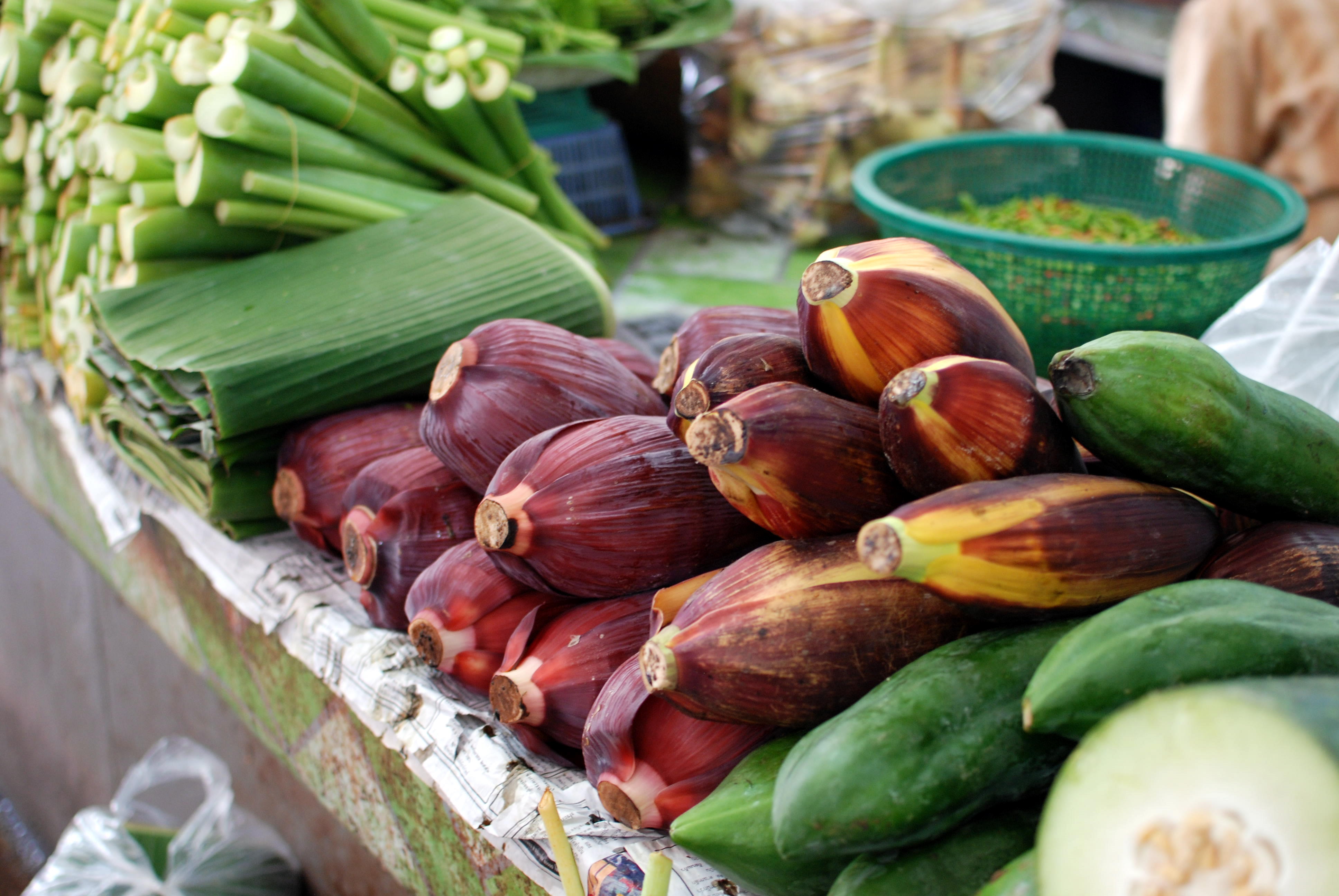
Indigenous Food Systems Should Be on the Development Menu
ROME - Overcoming hunger and malnutrition in the 21st century no longer means simply increasing the quantity of available food but also the quality.
Despite numerous achievements in the world’s food systems, approximately 805 million people suffer from chronic hunger and roughly two billion peoples suffer from one or more micronutrient deficiencies while, at the same time, over 2.8 billion people are obese.
Unfortunately, the debate over how to address this challenge has polarised, pitting agriculture and global commerce against local food systems and traditional ecological knowledge, land-based ways of life and a holistic, interdependent relationship between people and the Earth.
February 23, 2015 | Source: Inter Press Service | by Valentina Gasbarri
ROME – Overcoming hunger and malnutrition in the 21st century no longer means simply increasing the quantity of available food but also the quality.
Despite numerous achievements in the world’s food systems, approximately 805 million people suffer from chronic hunger and roughly two billion peoples suffer from one or more micronutrient deficiencies while, at the same time, over 2.8 billion people are obese.
Unfortunately, the debate over how to address this challenge has polarised, pitting agriculture and global commerce against local food systems and traditional ecological knowledge, land-based ways of life and a holistic, interdependent relationship between people and the Earth.
Organised to reflect on this, among other issues, the second Global Meeting of the Indigenous Peoples’ Forum, held at the International Fund for Agricultural Development (IFAD) from Feb. 12-13 in Rome, discussed solutions that combine the need to ensure food security and a balanced diet for all with the knowledge of indigenous peoples’ food systems and livelihoods as a contribution to sustainable development.
According to IFAD President Kanayo F. Nwanze, “indigenous peoples’ lands are some of the most biologically and ecologically diverse places on earth … It is only now, in the 21st century, that the rest of the world is starting to value the biodiversity that is a core value of indigenous societies.” Occupying nearly 20 percent of the Earth’s land area, indigenous groups act as custodians of biodiversity.
Participants at the Forum debated the potential of indigenous livelihood systems and practices – thanks to an age-old tradition of inter-generational knowledge transmission – to contribute to and inspire new transformative approaches of sustainable development, synthesising culture and identity, firmly anchored in respect for individual and collective rights.
However, the Forum described how many indigenous communities and ecosystems are at risk due to the lack of recognition of their rights and fair treatment by governments and corporations, population growth, climate change, migration and conflict. According to participants, the on-going exclusion of indigenous people devalues not only the importance of their communities but also the traditional ecological and agricultural knowledge they possess.
